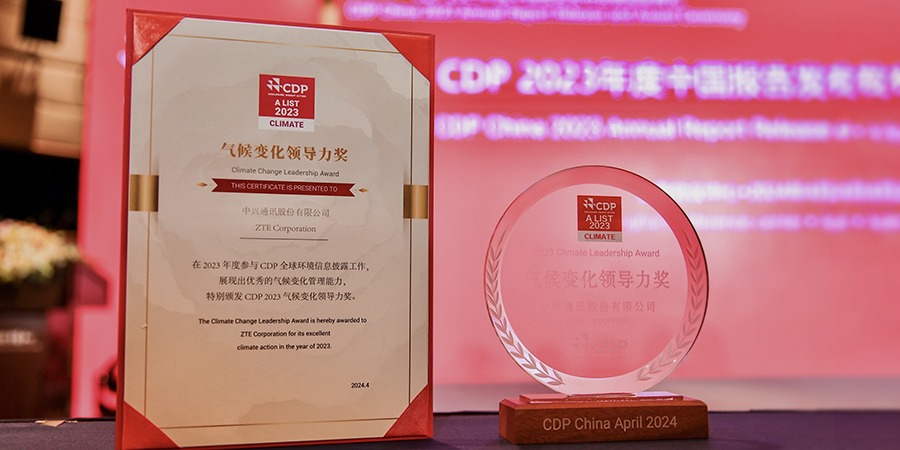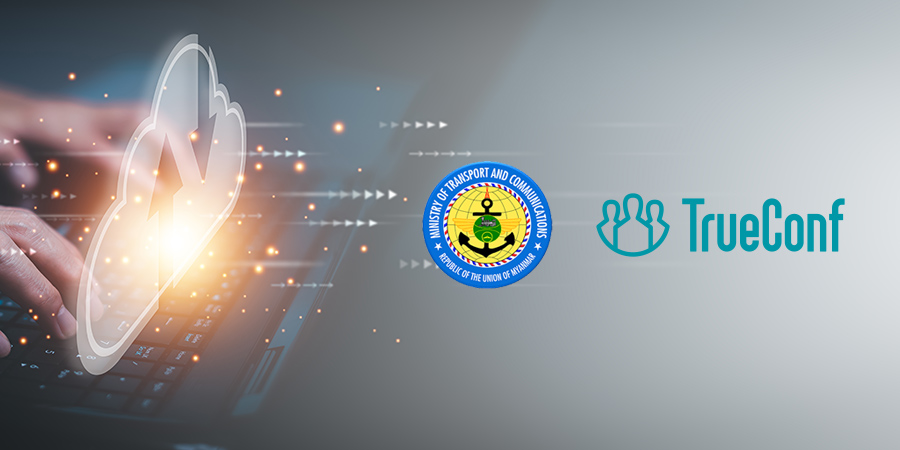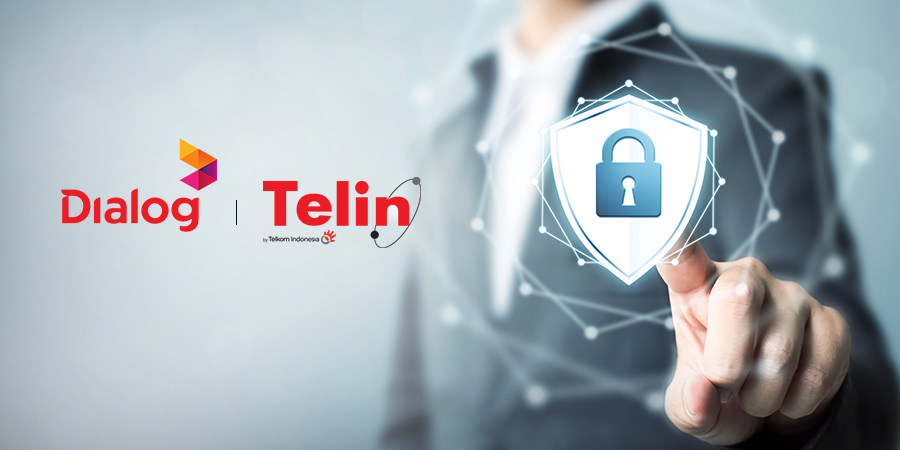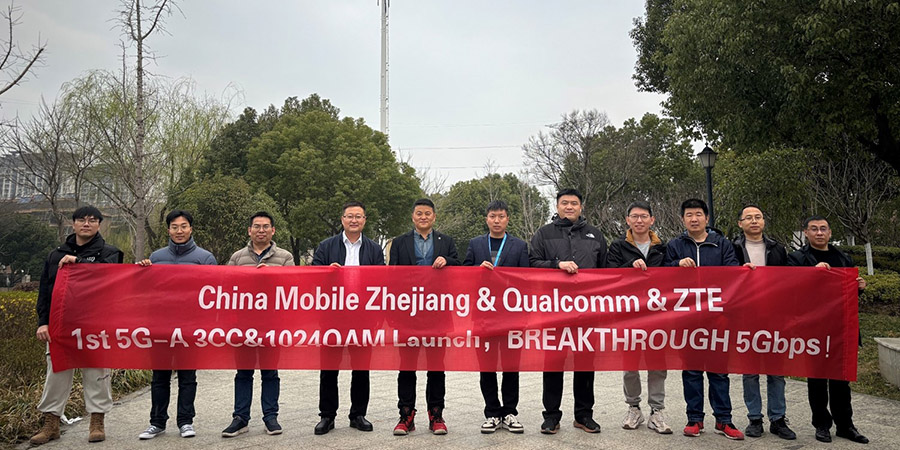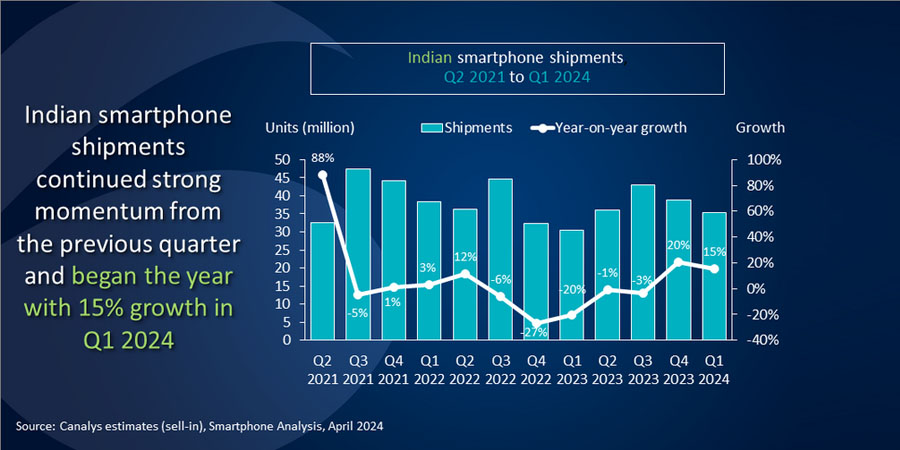The rise of mobile devices, the introduction of 5G technology, and the growing need for constant connectivity have presented telcos with new challenges. They must now find ways to efficiently manage their networks while keeping up with the changing demands of consumers. To address these challenges, telco cloud orchestration has become a game-changing solution. This technology is transforming the management of networks and the delivery of services in an innovative way.
Adoption of Telco Cloud Orchestration
Telco cloud orchestration, at its core, is the automated coordination and management of virtualized network functions and services within a cloud infrastructure. This innovative approach enables telcos to dynamically allocate resources, scale services on-demand, and optimize network performance in real-time. In the Asia Pacific, where the telecommunications market is booming, the adoption of telco cloud orchestration is gaining momentum, driven by factors such as the increasing penetration of smartphones, rising data consumption, and the proliferation of Internet of Things (IoT) devices.
According to a report, the telecom cloud orchestration market in the Asia Pacific is projected to experience significant growth in the coming years. The report highlights the growing demand for agile and cost-effective network solutions, coupled with the need for enhanced service delivery and customer experience, as key drivers fueling the adoption of telco cloud orchestration among regional telecom operators.
One of the primary advantages of telco cloud orchestration is its ability to streamline network operations and reduce capital expenditure (CapEx). By virtualizing network functions and deploying them on cloud infrastructure, telcos can eliminate the need for costly hardware investments and achieve greater flexibility in resource allocation. This not only lowers operational costs but also enables telcos to roll out new services more quickly, giving them a competitive edge in the fast-paced telecommunications market.
Moreover, telco cloud orchestration plays a crucial role in enabling the deployment of advanced technologies such as 5G. With the rollout of 5G networks across the Asia Pacific, telcos are faced with the challenge of managing complex network architectures and delivering high-bandwidth, low-latency services to end-users. Cloud orchestration platforms provide the scalability and agility required to support 5G applications, allowing telcos to efficiently allocate resources based on network demand and traffic patterns.
Significant Growth of the Market
Security is another key consideration driving the adoption of telco cloud orchestration in the Asia Pacific. As telcos transition towards virtualized and software-defined infrastructure, ensuring the security and integrity of network resources becomes paramount. According to a report, the Asia-Pacific security orchestration market is witnessing significant growth, driven by the increasing need for robust cybersecurity solutions to protect against evolving threats in the digital landscape. Telco cloud orchestration platforms incorporate advanced security features such as encryption, authentication, and access control, helping telcos mitigate risks and safeguard sensitive data.
Furthermore, the emergence of edge computing technologies is reshaping the telecommunications landscape in the Asia Pacific, driving the demand for distributed cloud orchestration solutions. Edge computing enables data processing and analysis to be performed closer to the point of generation, reducing latency and improving application performance. Telco cloud orchestration platforms are evolving to support edge deployments, enabling telcos to deliver low-latency services such as real-time video streaming, augmented reality (AR), and autonomous vehicles.
Staying ahead
In a competitive market environment, innovation is key to staying ahead of the curve. Telco cloud orchestration empowers telcos in the Asia Pacific to innovate rapidly and deliver value-added services that meet the evolving needs of consumers. By leveraging automation, virtualization, and orchestration technologies, telcos can enhance operational efficiency, improve service agility, and drive revenue growth in an increasingly digital world.
According to a report, the global cloud orchestration market is poised for substantial growth, driven by the proliferation of cloud computing, digital transformation initiatives, and the adoption of hybrid and multi-cloud environments. Telcos in the Asia Pacific are embracing cloud orchestration as a strategic imperative to modernize their networks, accelerate innovation, and deliver superior customer experiences.
In terms of deployment, the dominance of cloud type deployment prevailed in the cloud orchestration market in 2018 and is anticipated to continue in the forthcoming years. The prevailing trend among organizations favoring public cloud deployment underscores a shift towards harnessing its advantages, such as lowered operational expenses and heightened operational efficiency. Moreover, the cloud service automation segment is experiencing rapid growth, driven by its ability to streamline administrative functions, simplify business and IT processes, and provide a self-healing environment.
The cloud orchestration market is marked by the presence of key players such as Amazon Web Services, Inc., BMC Software, Inc., Cisco Systems, Inc., and others. These entities play a significant role in shaping the market landscape and driving innovation in cloud orchestration solutions. In terms of market size, the global cloud orchestration market is expected to exhibit significant growth from 2016 to 2023.
The telecom and IT segment is expected to hold a substantial share in the cloud orchestration market during the forecast period, owing to the industry's reliance on cloud orchestration to rapidly increase the number and variety of products. Regionally, North America dominated the market in 2018, driven by the increasing recognition of cloud orchestration across organizations. Nonetheless, the Asia Pacific region is positioned to experience the most rapid growth in the forecast period. This can be attributed to the migration of workloads to cloud environments and the proliferation of advanced organizational systems in the region.
The segmentation of the cloud orchestration market includes deployment types such as on-premises, cloud, and hybrid, catering to diverse organizational needs. Furthermore, the market is segmented based on organization size, end-users, and regions, providing insights into the varied dynamics shaping the industry across different sectors and geographical locations.
The cloud orchestration industry is experiencing significant growth and transformation across continents, spanning from North America to Europe, to the Asia Pacific, to LATAM, and the MENA region. This surge is propelled by technological advancements and shifts in business landscapes, indicating a global trend towards the adoption and optimization of cloud orchestration solutions.














